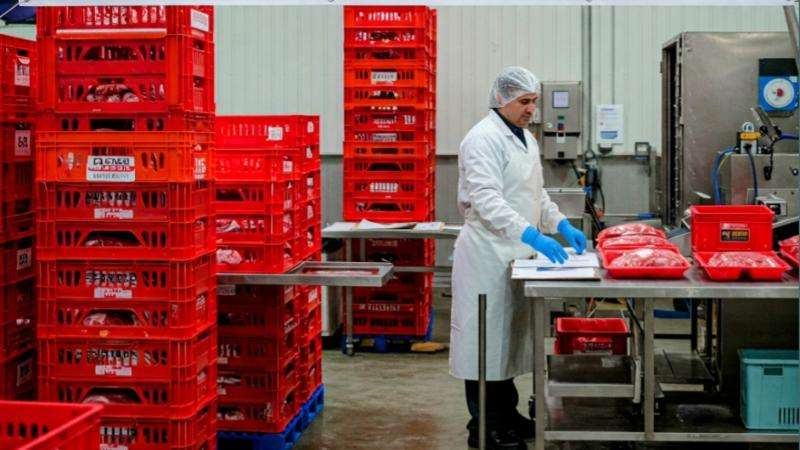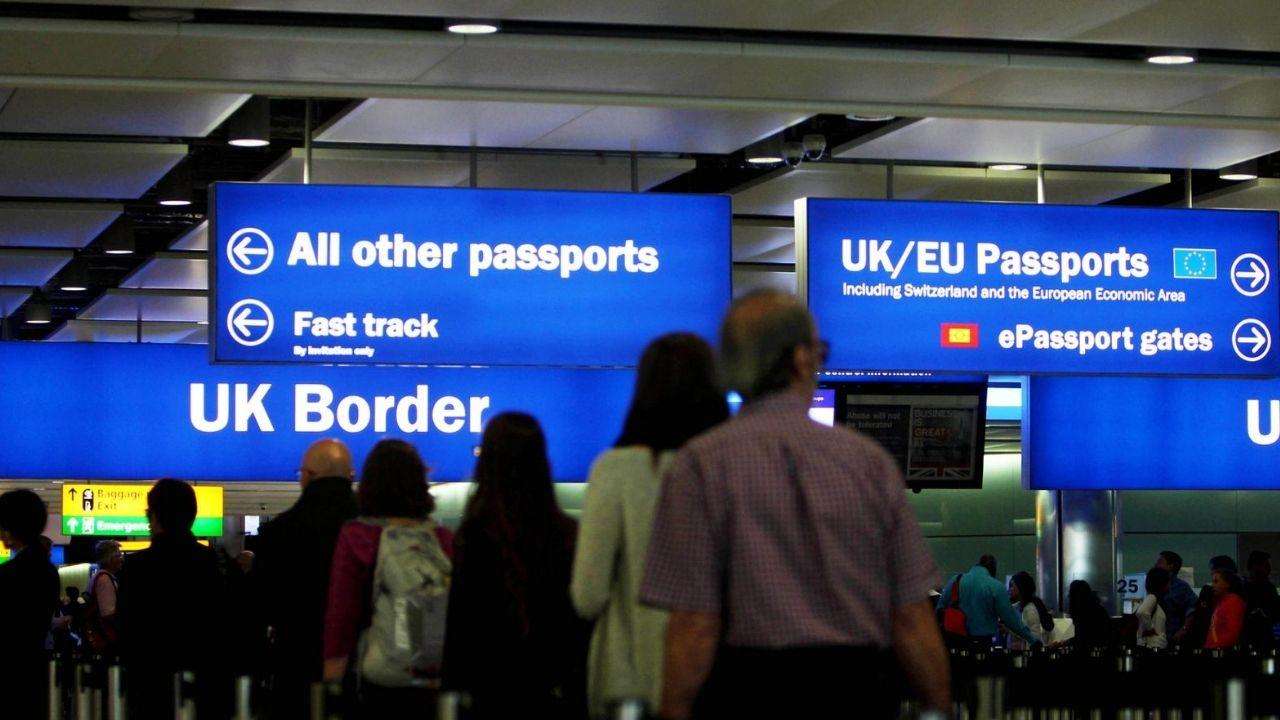Recent changes to UK import regulations, now prohibiting the entry of meat and cheese products from the European Union, are prompting discussions within the British halal food sector. The government's decision, implemented due to concerns over the spread of foot and mouth disease in Europe, has broader implications that extend to the availability and potential pricing of halal meat and poultry in the UK market, significantly impacting the British Muslim, British Bangladeshi, British Pakistani and British South Asian community.
The updated rules, effective immediately, mean that individuals returning from EU countries, including popular holiday destinations, will face prosecution if found bringing back any meat or dairy items, even in small quantities for personal consumption. This blanket ban expands on previous restrictions that targeted specific countries like Germany, Slovakia, and Hungary.
Impact on Halal Meat and Chicken:
While the primary concern driving the ban is animal health related to foot and mouth disease, the new regulations have raised questions about the future of halal meat and chicken imports from the EU. Historically, some portion of the halal meat and poultry consumed in the UK has been sourced from EU countries that have established halal certification processes and supply chains.
Potential Supply Chain Disruptions: Depending on the volume of halal meat and chicken previously imported from the EU, the ban could lead to disruptions in the supply chain. UK-based halal suppliers and retailers may need to seek alternative sources, potentially from within the UK or from countries outside the EU with established halal export capabilities.
Increased Demand on Domestic Suppliers: The ban is likely to increase demand for domestically produced halal meat and poultry. UK farmers and abattoirs that adhere to halal slaughtering practices may face pressure to scale up production to meet the needs of the Muslim population. This could present both opportunities and challenges for the local industry.
Potential Price Fluctuations: Shifts in supply and demand can often lead to price volatility. If the transition to new sourcing is not seamless or if domestic production cannot immediately meet the demand, consumers may experience price increases for certain halal meat and poultry products.
Scrutiny of Certification and Standards: As the UK market adapts to these changes, there may be increased scrutiny on halal certification bodies and standards, both domestically and from potential new import partners outside the EU, to ensure the authenticity and integrity of halal products.
Impact on the British Muslim Community:The British Muslim community, for whom halal meat and poultry are dietary requirements, will be directly affected by these changes.
Availability and Choice: The immediate impact could be on the availability and variety of certain halal meat products that were previously imported from the EU. Consumers might find fewer options on supermarket shelves or in local halal butchers until new supply chains are established.
Cost of Living: Any potential increase in the price of halal meat and chicken will add to the cost of living for Muslim families, who already face various economic pressures. This is a significant concern, especially for lower-income households.
Reliance on Domestic Market: The community may become more reliant on the domestic halal market. This could lead to a greater focus on supporting local halal businesses and producers.
Importance of Clear Information: It will be crucial for government agencies, food retailers, and halal certification bodies to provide clear and up-to-date information to the Muslim community about the changes in sourcing and any potential impact on product availability and pricing.
Looking Ahead:
The UK halal food industry will need to navigate these new regulations carefully. This may involve:
Identifying and establishing new import partnerships with countries outside the EU that have robust halal certification and export capabilities.
Investing in and supporting the growth of the domestic halal meat and poultry sector to increase self-sufficiency.
Ensuring transparent communication with Muslim consumers about the origin and certification of halal products.
The long-term impact of the EU import ban on the halal meat and poultry market in the UK remains to be seen. However, it is clear that this development will require adaptation and collaboration across the supply chain to ensure that the needs of the British Muslim community continue to be met.








.svg)



_3.jpg)
_3.jpg)